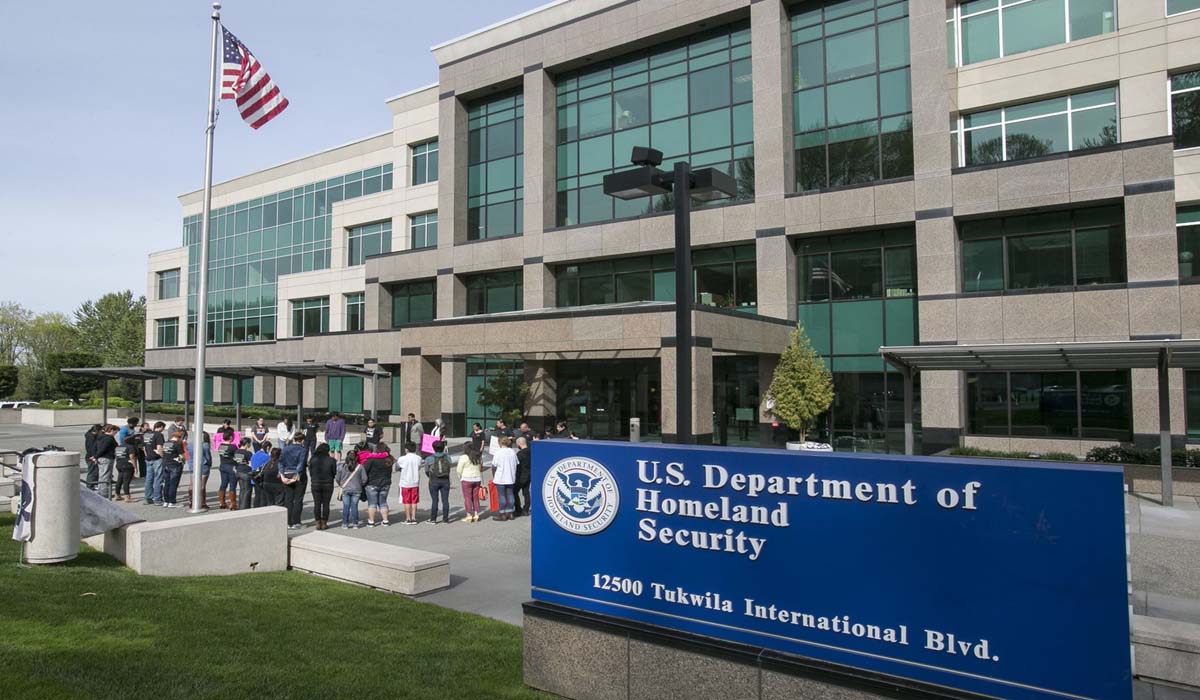WASHINGTON: The Department of Homeland Security (DHS) released the agency’s plan for funds the previous administration was planning to use for construction of a border wall at the Southwest border of the United States. The plan fulfills a requirement of President Biden’s Proclamation ending the diversion of funds for border wall, and outlines steps DHS will take to end wall expansion to the extent permitted by law and address life, safety, and environmental concerns.
The prior administration planned to spend over $15 billion on wall construction, and diverted over $10 billion of those funds from military projects and other sources. The Department of Defense is terminating all border wall projects using the diverted funds, and returning the remaining, unobligated funds to their original sources.
Congress provided DHS with some funding for border barrier projects, which the agency is legally required to use consistent with their appropriated purpose. In doing so, DHS will prioritize the remaining border barrier funds to address and remediate urgent life, safety, and environmental issues resulting from the previous administration’s border wall construction.
For instance, Department of Homeland Security (DHS) has started repair projects to:
Close Breaches in the Rio Grande Valley Levee System. Low-lying regions in Hidalgo County, Texas face threats of serious flooding after the previous administration excavated the Rio Grande Valley’s flood barrier system to make way for the border wall. DHS has authorized work to close the breaches in the levee system.
Remediate Soil Erosion in San Diego. Improper compactions of soil and construction materials along a wall segment constructed under the previous administration are causing dangerous erosion in San Diego. DHS has authorized necessary backfill projects to ensure the safety of nearby border communities.
DHS will also prioritize using the remaining funds consistent with their appropriated purposes for necessary clean-up of construction sites previously funded by the Department of Defense, including drainage, erosion control, site remediation, and material disposal. Appropriated funds may also be used for mitigating some environmental damage caused by border wall construction.
For those projects that are not urgently needed to avert immediate physical dangers, DHS will first engage in a comprehensive review that includes detailed environmental impact analysis and remediation and robust and substantive engagement with relevant stakeholders, including border community residents, their elected representatives, tribal communities, and environmental and other interested non-governmental organizations and advocates.
The administration also continues to call on Congress to cancel funds it previously appropriated for border barrier projects so that these resources can instead be used for modern, effective border measures to improve safety and security.
Report by Kanwal Abidi THE AZB Bureau Chief Washington D.C., USA



















